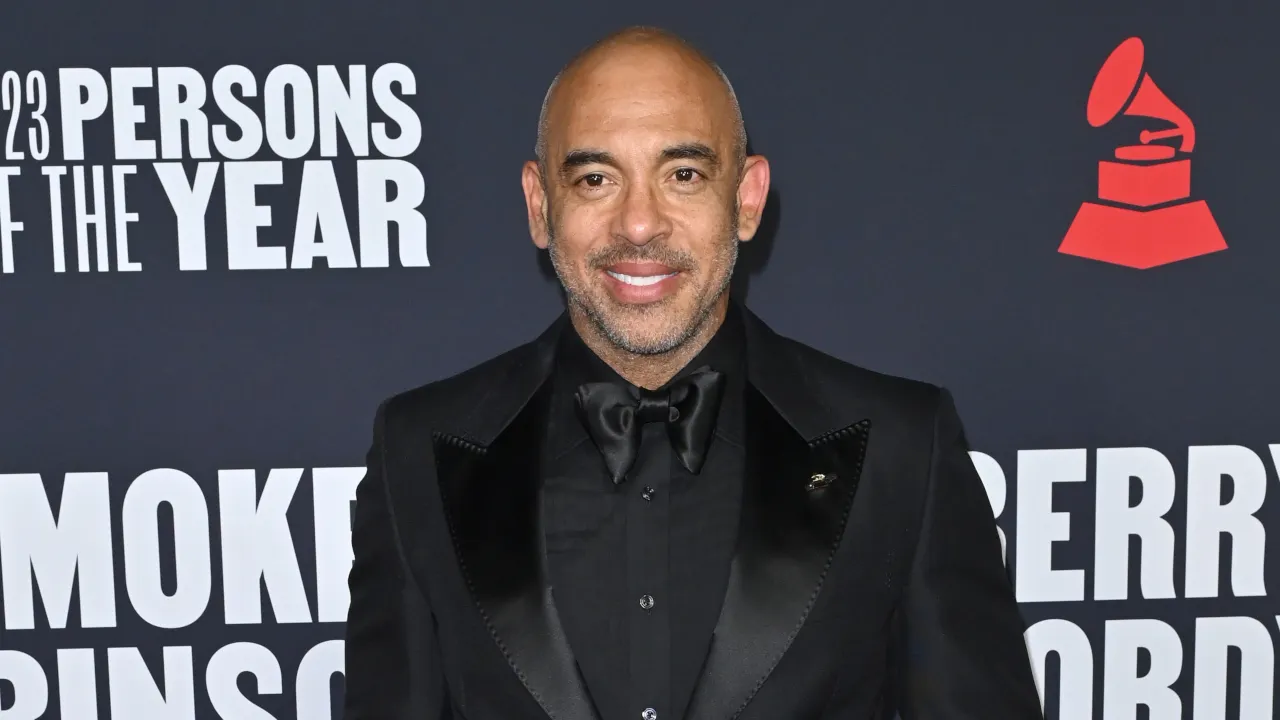While the entertainment industry continues to grapple with the rise of generative artificial intelligence tools, Recording Academy CEO Harvey Mason Jr. stands by the organization's recent decision to allow the use of AI in Grammy-nominated songs.
"I still believe that human creativity is the ultimate expression of creativity," Mason told Decrypt this week. "But I also still believe that technology has and always will play a part in amplifying—not replacing—but amplifying creativity."
In June, the Recording Academy updated its rules for the 2024 Grammy Awards to include music created with the help of AI tools. However, AI can only play a part in the process—songs created mostly or entirely by AI will not be eligible for a nomination.
"[The Recording Academy] will not be giving an award to AI-generated material, but we will allow material that was contributed to by AI to be entered," Mason said. "It wouldn't be fair to discredit every piece of creative work that was submitted if it had been touched by AI."
With the rapid development in generative AI over the last year, Mason said that the Recording Academy is looking into ways to detect the use of such tools in music. However, he acknowledged that it still relies on artists being truthful about their use of AI techniques, at least for now.
"We've been looking into it, and we're going to be both using... I guess we'll call it the ‘honor system,’ for people to be forthright about what AI is doing, what AI is not doing,” Mason said. "We'll also use any other means available to us at the time of nomination or awards.”
Mason pointed to technologies that analyze vocals, drum beats, and pitch as versions of AI used in the industry for years.
"AI has been involved in creativity," Mason said. "And it's going to continue to be involved in creativity."
Mason's comments come as Hollywood actors and writers alike are striking. As the joint SAG-AFTRA/WGA strike enters its second week after each union’s respective negotiations with the Alliance of Motion Picture and Television Producers (AMPTP) fell apart, Mason is hopeful for a resolution soon.
“We're always pushing for the best solution and hoping for a quick and equitable outcome that makes sense for all,” he said.
While Mason welcomed the new technology, he also acknowledged the need for oversight.
“There needs to be proper remuneration, proper attribution, and proper approvals,” he told Decrypt. “These things all need to take place for AI to be involved in our business or our ecosystem going forward.”
Mason also said it was critical to respect and acknowledge artists' concerns and fears around artificial intelligence, even as the organization behind the Grammys maintains its plan for next year’s awards.
"We are in the business of celebrating human excellence and human creativity," Mason said. "We're going to continue to watch this, and we're going to see from this year to next year what changes—and we will pivot and adjust if we feel the need to do so."

